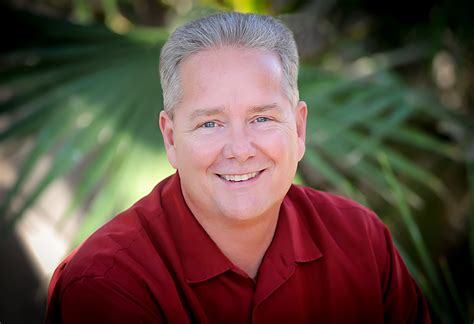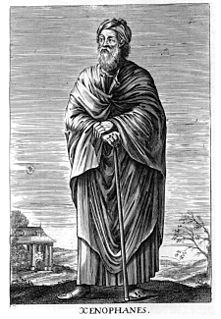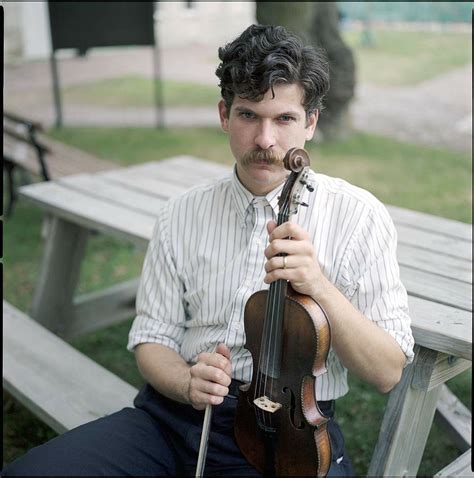A Quote by John Denham
Search not to find things too deeply hid; Nor try to know things whose knowledge is forbid.
Related Quotes
We read deeply for varied reasons, most of them familiar: that we cannot know enough people profoundly enough; that we need to know ourselves better; that we require knowledge, not just of self and others, but of the way things are. Yet the strongest, most authentic motive for deep reading…is the search for a difficult pleasure.
The art of governing [focusing] the passions is more useful, and more important, than many things in the search and pursuit of which we spend our days. Without this art, riches and health, and skill and knowledge, will give us little satisfaction; and whatsoever else we be, we can be neither happy, nor wise, nor good.
The Gods did not reveal, from the beginning, all things to us, but in the course of time through seeking we may learn & know things better. But as for certain truth no man knows it, nor shall he know it, neither of the Gods nor yet of all things that I speak. For even if by chance he were to utter The Final Truth, he would himself not know it: for all is but a woven web of guesses.
I have no memory for things I have learned, nor things I have read, nor things experienced or heard, neither for people nor events; I feel that I have experienced nothing, learned nothing, that I actually know less than the average schoolboy, and that what I do know is superficial, and that every second question is beyond me. I am incapable of thinking deliberately; my thoughts run into a wall. I can grasp the essence of things in isolation, but I am quite incapable of coherent, unbroken thinking. I can't even tell a story properly; in fact, I can scarcely talk.
Real artists find answers. The knowledge of the artisan is within the confines of his skills. For example, I know a lot about lenses, about the editing room. I know what the different buttons on the camera are for. I know more or less how to use a microphone. I know all that, but that's not real knowledge. Real knowledge is knowing how to live, why we live, things like that.
O Time the fatal wrack of mortal things,
That draws oblivion's curtains over kings;
Their sumptuous monuments, men know them not,
Their names without a record are forgot,
Their parts, their ports, their pomps all laid in th' dust
Nor wit nor gold, nor buildings scape time's rust;
But he whose name is graved in the white stone
Shall last and shine when all of these are gone.
Outlook 2003 did create the idea of search folders and the whole Longhorn philosophy. You can see it at work in search folders, where instead of having to drop things into individual folders, and things exist only in one folder, you create these search folders and you have the criteria for the search folder.

































